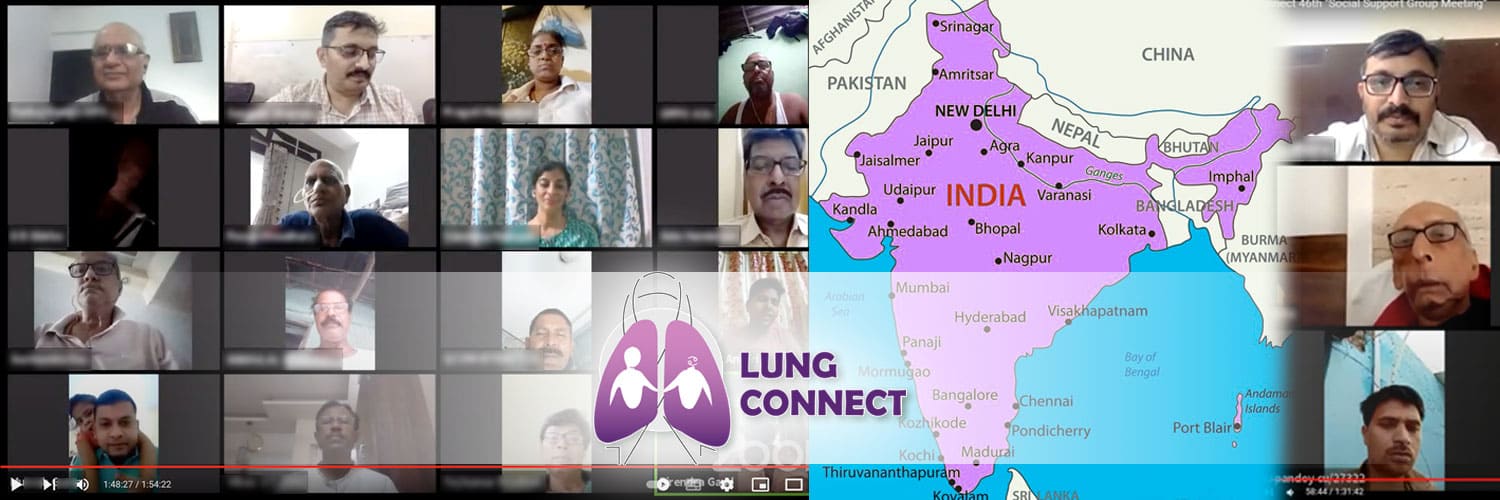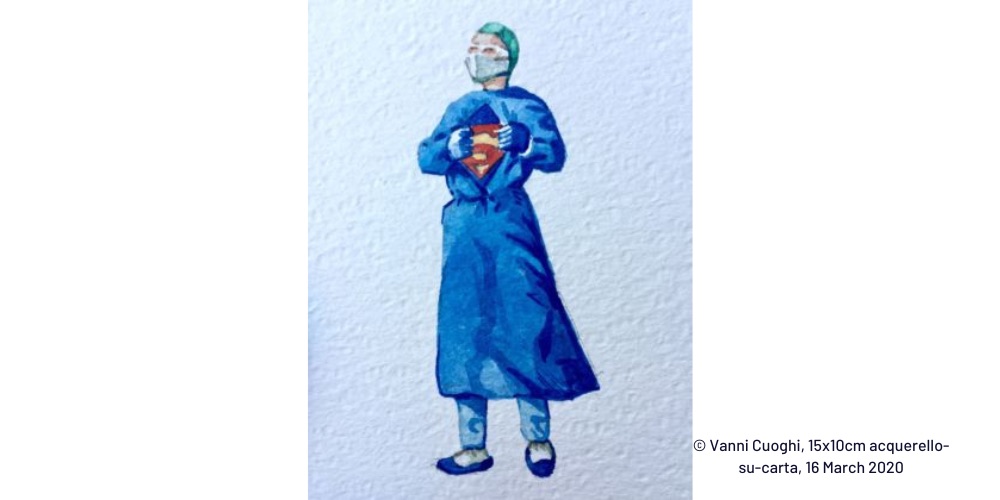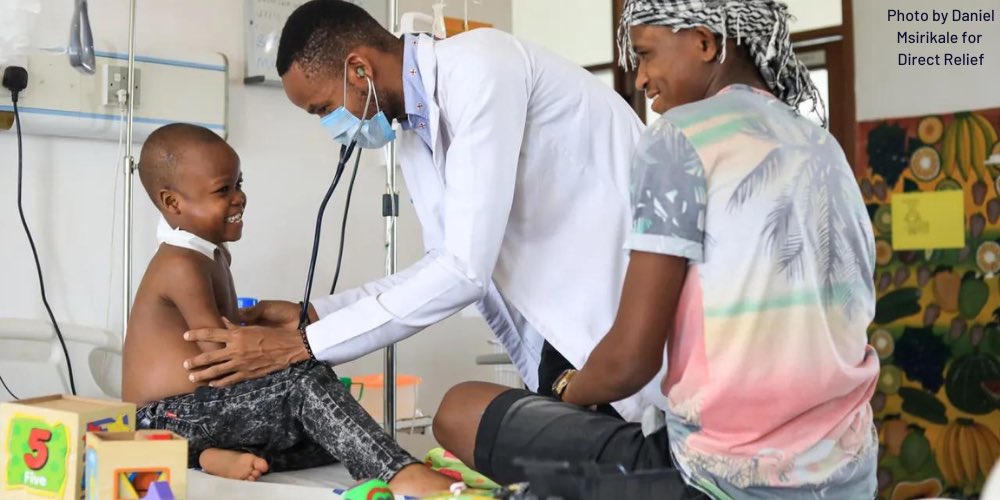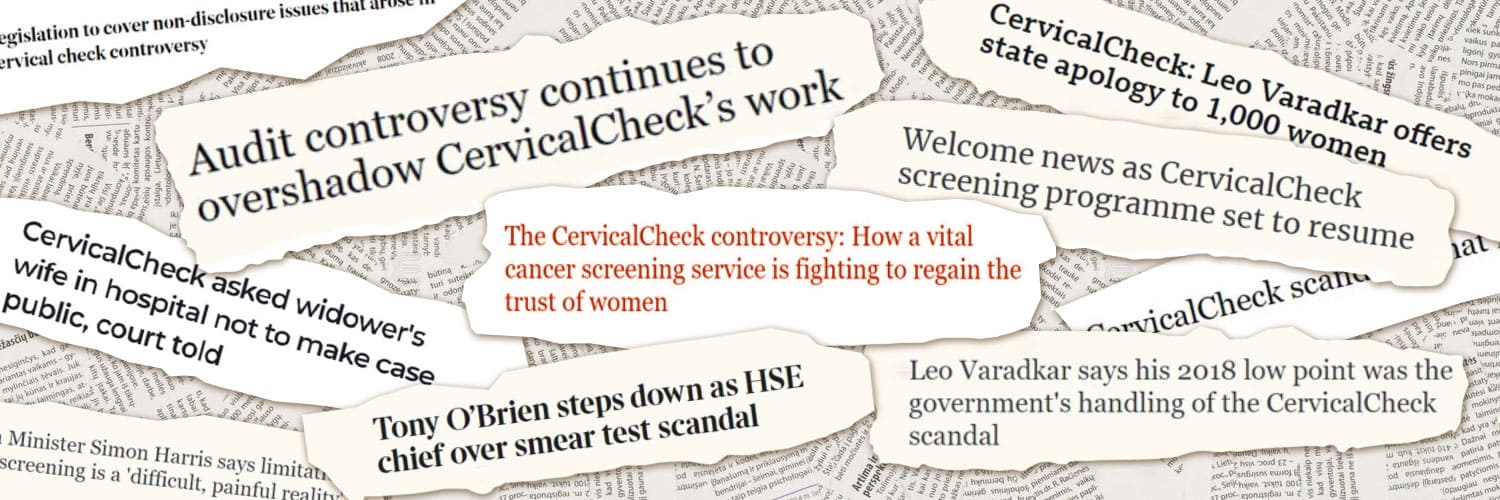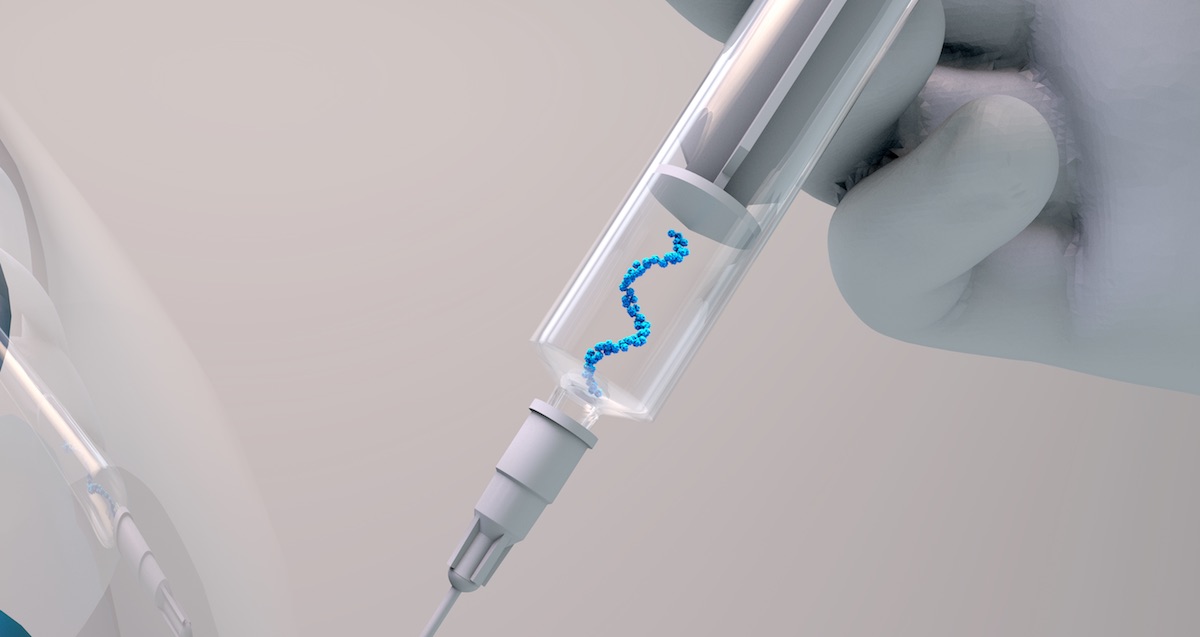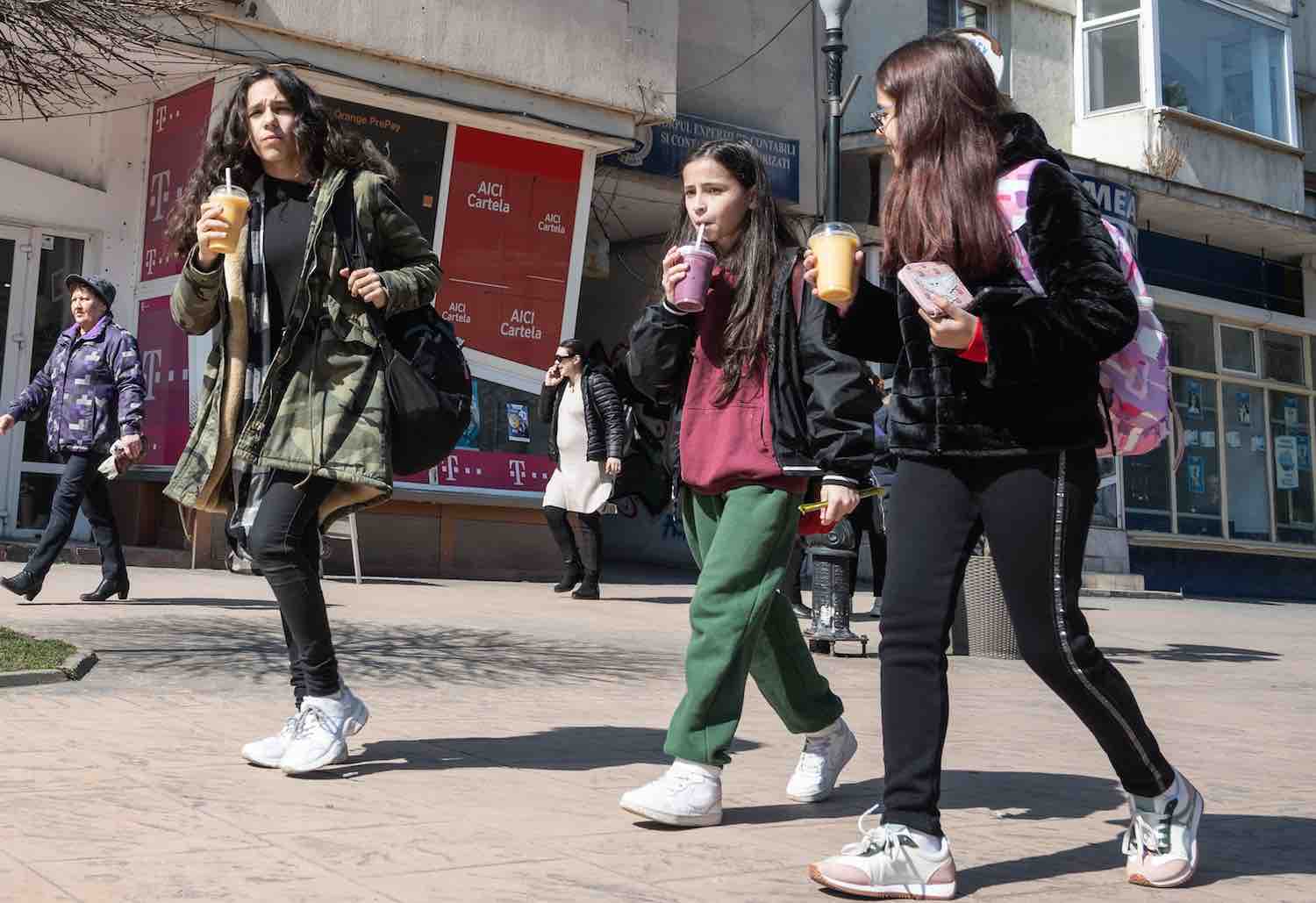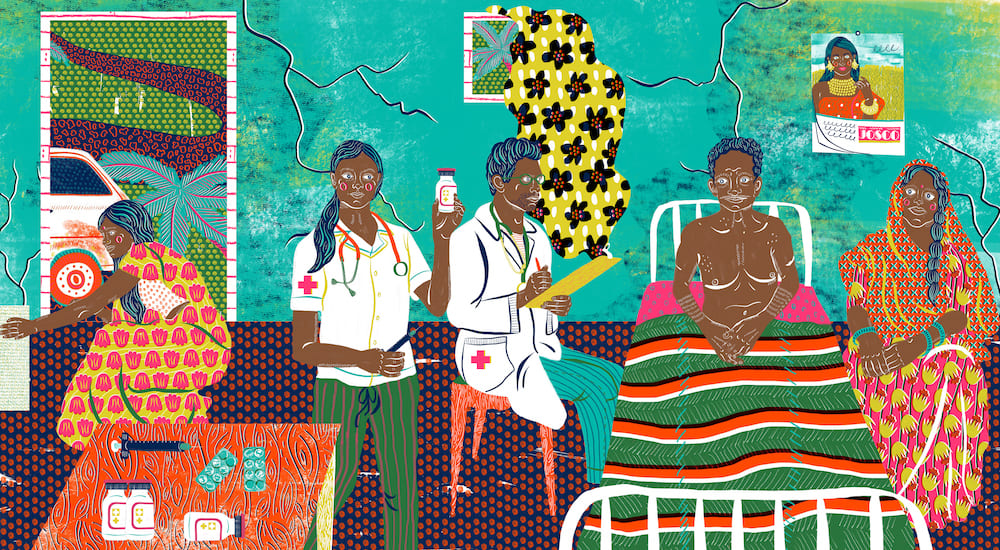Articles
Long-term health: is it time to update the priorities of cancer research?
“I was told that cancer was a temporary condition ‒ just get through treatment and things will go back to normal. I quickly realised that this is not true.” Gregory Aune was treated for Hodgkin’s disease when he was 17.…
India’s Lung Connect shows value of online cancer support in low-income settings
It was April 2020. Just a few weeks earlier, India had imposed a national lockdown – among the harshest in the world. Ramkrishna Bhadhury, 44, a farmer from a small village in Nalikul, West Bengal, was feeling increasingly dejected and…
Preventing burnout: are we too focused on personal resilience?
Burnout. That short word barely conveys the dispirited cycle of weariness, negativity and powerlessness health staff experience when high aspirations to help and cure are consumed in an unattainable to-do list. “You're trying your best but nothing's moving and you…
Surviving childhood cancer in Africa: helping families stick with the treatment plan is key
Faced with poverty, low maternal education and fears about treatment effects, many families in sub-Saharan Africa are abandoning cancer treatment for children and young people, harming chances of survival. In Kenya and Zambia, for instance, treatments for childhood cancers are…
Cervical cancer: Rebuilding a nation’s broken trust in their screening service
Ireland’s cervical cancer screening programme ‘CervicalCheck’ has been under the microscope since April 2018, when it was revealed that some women diagnosed with invasive cervical cancer were not told that their previous smear tests had been reviewed. More crucially, the…
What can we expect from mRNA cancer vaccines?
Messenger RNA vaccines turned around Europe’s fight against the Covid pandemic. Less than a year after the first lockdowns were declared, mRNA vaccines got regulatory approval for emergency use, first in people at high-risk from Covid, and later in the…
Sri Lanka cancer care hit by foreign currency crisis
A shortage of essential cancer drugs caused by financial crisis is threatening to dampen Sri Lanka’s success in treating cancer as part of a free health service. The country is facing its worst economic crisis since 1948, with huge foreign…
From social determinants to cancer outcomes: the cell biology behind the disparities
Raised levels of stress are a normal response to being diagnosed with cancer, and asking patients about their psychological and emotional wellbeing is, or should be, a normal part of attending to their quality of life. But can stress directly…
A success story in Romania’s struggle to control cervical cancer
In rural Romania, in a small town called Sadova, some 200 km west of the country’s capital Bucharest, the local community is trying to ensure that their daughters don’t have to live in dread of cervical cancer. Sadova is an…
Developing palliative care: new WHO guidance helps countries tailor their own path
Image: Delivering palliative care in Kerala, India ©Camilla Perkins, camillaperkins.com Delivering palliative care to avoid unnecessary health-related suffering is defined by the World Health Organization (WHO) as “a moral imperative and a human right”. Yet only a tiny proportion of…


